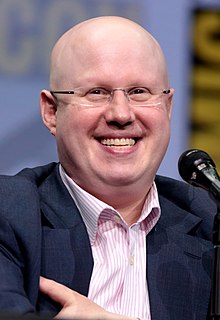A Quote by Kelly Asbury
Certainly in the case of 'Gnomeo & Juliet,' if it makes children or adults a little more interested in Shakespeare, there's nothing wrong with that!
Related Quotes
I love William Shakespeare. He wrote some of the rawest stories. I mean look at Romeo and Juliet. That's some serious ghetto expletive. You got this guy Romeo from the Bloods who falls for Juliet, a female from the Crips, and everybody in both gangs are against them. So they have to sneak out and they end up dead for nothing. Real tragic stuff.
I certainly play people on the edge quite a lot. I am interested in what makes people odd and what makes them different. In life I try to play the edges. I have a horror of the herd. There are many, many different sorts of people. A lot of people are fairly uninteresting. I want to play the interesting ones. The villains are always more interesting to portray. Shakespeare knew that.
I'm always loath to make generalizations about what is for children and what isn't. Certainly children's literature as a genre has some restrictions, so certain things will never pop up in a Snicket book. But I didn't know anything about writing for children when I started - this is the theme of naïveté creeping up on us once more - and I sort of still don't, and I'm happy that adults are reading them as well as children.
The new concept of the child as equal and the new integration of children into adult life has helped bring about a gradual but certain erosion of these boundaries that once separated the world of children from the word of adults, boundaries that allowed adults to treat children differently than they treated other adults because they understood that children are different.
Children, who have so much to learn in so short a time, had involved the tendency to trust adults to instruct them in the collective knowledge of our species, and this trust confers survival value. But it also makes children vulnerable to being tricked and adults who exploit this vulnerability should be deeply ashamed.






































